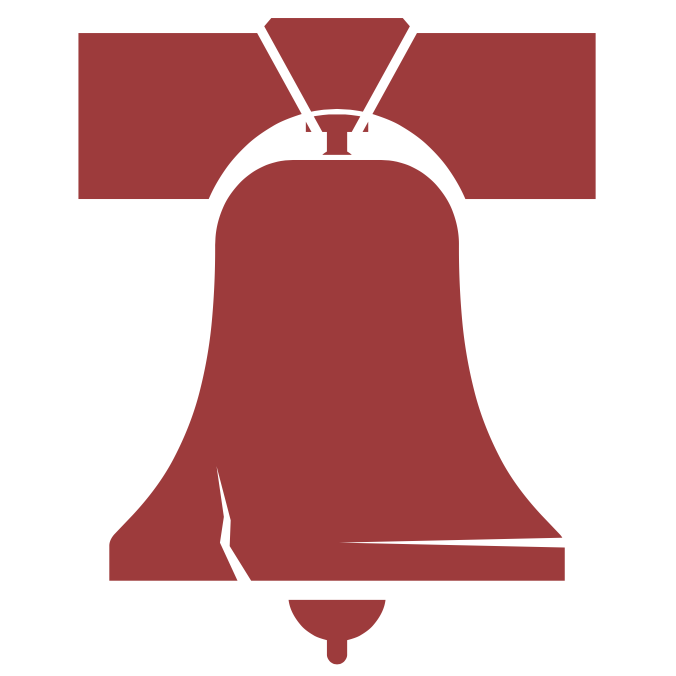State Rep. Martina White (R-Philadelphia) hosted a tour of three Philadelphia charter schools with House colleagues Monday. The tour included stops at the Lab Charter School, the Memphis Street Academy, and concluded with a roundtable discussion with school officials at MaST III.
“There is clearly a demand for an alternative to traditional district schools with thousands of students every year stuck on waiting lists,” White said. “More than 23,000 students applied to the city’s charter schools but were turned away due to lack of available spots. It’s clear we must do more to help these families access the education they want for their children”
The roundtable discussion gave local charter school administrators a chance to meet with legislators and advocate for reforms that are part of House Bill 1685, scheduled for a vote in the House Education Committee this week.
Participants included John Swoyer, CEO of MaST III Charter School; Amy Hollister, PCE president and CEO of Northwood Academy; Anna Marie Siegman, CEO of Philadelphia Academy Charter School; Scott Blair MaST III; Lawrence Jones, CEO of Richard Allen Preparatory Charter School, Anna Marie Siegmann, CEO of Philadelphia Academy Charter School; Ceci Schickel, from Mastery Charter Schools; and Jennifer Faustman, CEO of Belmont Charter Schools.
House members at the meeting included House Appropriations Chairman Rep. Stan Saylor (R-Red Lion) and Reps. Milou Mackenzie (R- Emmaus) and John Lawrence (R-West Grove). Others took part virtually.
House Bill 1685 levels the playing field for charters and district schools at a time when Philadelphia’s charter schools educate more than 70,000 students.
“By requiring charter schools to be evaluated every five years, they are held to standards the school district schools are not,” Hollister said. “That means a better charter school can be closed while poorer performing district schools stay open.”
Specifically, the legislation would standardize the process for renewing and amending charter agreements. This includes standard applications and timelines to ensure equity and predictability for school districts and public charter schools.
House Bill 1685 would also allow charter school entities to administer standardized tests like the PSSA, PASA, and Keystone Exams electronically.
It would also reinstate the Charter School Reimbursement line item in the 2021-22 state budget to offset the financial impact that school districts have felt with nearly 170,000 students now enrolled in public charter schools, and clarifies the enrollment process and procedures to ensure every student in Pennsylvania has equal access to a public charter school.
The bill would also provide public charter schools with greater autonomy to determine where their students are educated and how school buildings are configured, and allow greater collaboration between school districts, charter schools, career and technical centers, intermediate units, and post-secondary institutions by removing structural barriers in the law that stifle the sharing of innovative practices, cost-saving initiatives and professional development and diversification strategies.
The charter school educators also discussed how the COVID-19 pandemic impacted charter schools. House Bill 1685 allows brick-and-mortar charter schools to implement lessons learned during the shutdowns by offering students virtual instruction without requiring the charter to establish itself as a cyber charter school.
“With the growing demand for public charter schools, now is the time to update and improve Pennsylvania’s Charter School Law to ensure that this essential public school option is available to every student who wants to attend and that public schools are held to the same high standards as charter schools,” White said.


